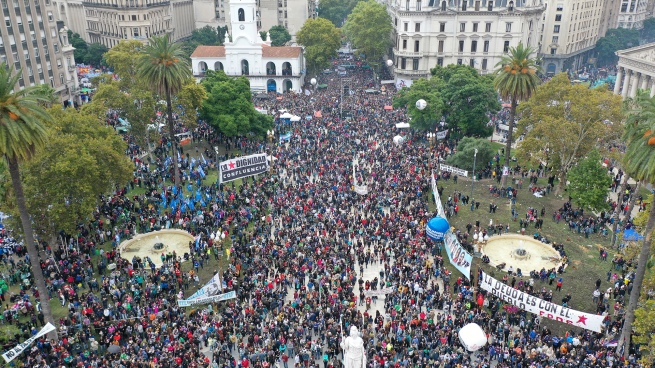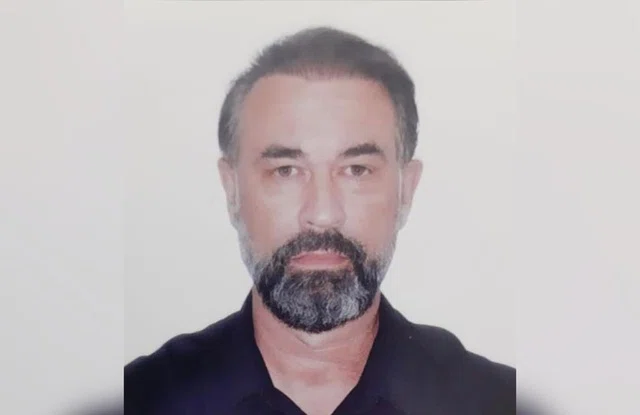The Government, Justice and Constitutional Affairs Commission of the National Assembly created a subcommission to analyze Bill 779, which modifies Law 22 of June 29, 2005 on the right to reply in the country’s media.
The subcommittee will be made up of Corina Cano (president) and her colleagues Luis Ernesto Carles and Roberto Ábrego. You will have 10 business days to submit a report on the matter.
Before the creation of the subcommission was announced, representatives of civil society groups gave their considerations on the proposal, which was presented by the PRD deputy Zulay Rodríguez.
The National Council of Journalism (CNP) was represented by its president, Guillermo Antonio Adames, along with journalist Atenógenes Rodríguez, who read a document in which objections to the proposal are raised.
It affirmed, for example, that for almost 17 years the system established by Law of June 22, 2005, according to which the right to reply must be granted within 48 hours, extendable up to 72 hours, has been fully complied with, and must allow to people who feel affected by any publication in the media.
He stressed that neither the Rapporteurship for Freedom of Expression of the United Nations Organization nor that of the Organization of American States have indicated in their reports on Panama that there is any significant problem regarding the right to reply in the country.
“Despite this, the proposal, which reduces the term for disclosing or publishing replies to 24 hours, extendable to 48 hours, and significantly increases the amount of fines for violations of this obligation, draws powerful attention, so that the sanctioning a fine for violations of this obligation would be detrimental to the viability of small media outlets and would directly affect the exercise of freedom of opinion,” he indicated.
For her part, Deputy Rodríguez said that in the country there must be a right of opinion. “The media have the economic power and are campaign donors of all the presidents,” she said, adding that if all the deputies are heard, they will agree with her proposal.
Another who spoke was Rupilio Ábrego, substitute for Benicio Robinson: “Here nobody regulates the media […] they call themselves the fourth power and I don’t know if the people gave them power […] They are in charge of manipulating information, discrediting public figures and there is no type of control over this,” he said.



